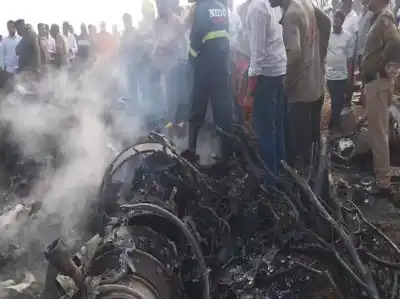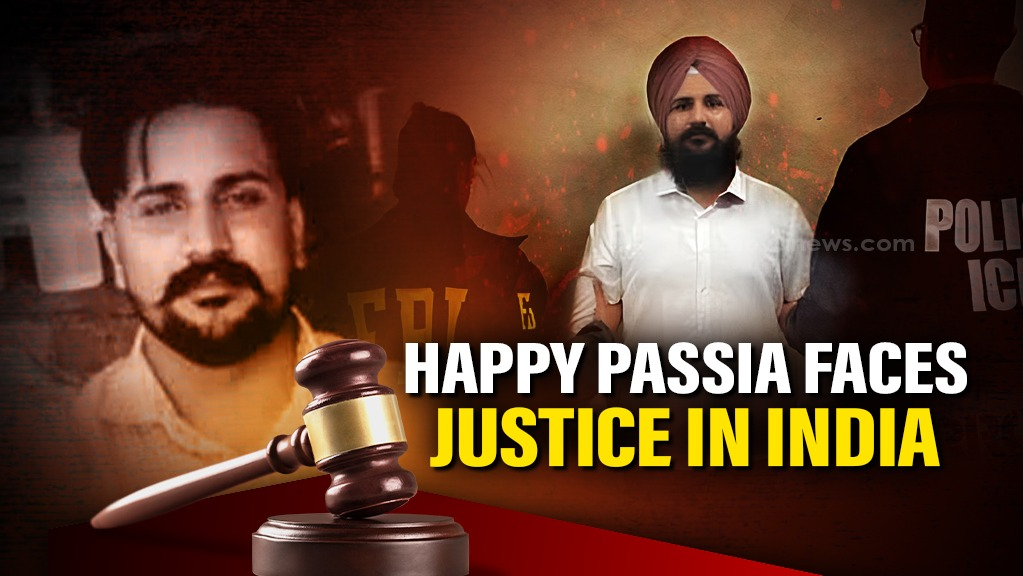

In a significant development for international counter-terrorism efforts, the United States is set to extradite wanted Khalistani terrorist Happy Passia to India in the coming days. Passia, who is accused of orchestrating a series of violent attacks across Punjab, was taken into custody in California, marking the culmination of sustained collaboration between Indian and American law enforcement agencies. His return is anticipated to be a major step forward in holding perpetrators of cross-border terrorism accountable.
Passia was arrested on April 17 in Sacramento by U.S. Immigration and Customs Enforcement (ICE) and is expected to arrive at Delhi Airport under stringent security. His capture followed months of coordinated tracking by the Punjab Police, central intelligence agencies, and their American counterparts, highlighting a strengthening partnership in tackling extremist threats operating from foreign soil.
Indian authorities have identified Passia as a key figure in a campaign to destabilize Punjab over the past two years. The National Investigation Agency (NIA) has officially declared him a wanted terrorist and offered a reward of ₹5 lakh for information leading to his capture. He is implicated in numerous cases, including a high-profile grenade attack in Chandigarh.
Intelligence sources report that Passia maintained direct communication with senior officials in Pakistan's Inter-Services Intelligence (ISI) and received active support from established Khalistani terror groups, including Babbar Khalsa International (BKI) and the network of Harvinder Singh Rinda. He is alleged to have masterminded or facilitated over 14 attacks between 2024 and 2025, primarily targeting police stations and security personnel to incite fear and undermine state authority.
Notable incidents linked to Passia include:
Once in India, Passia will face prosecution under several anti-terrorism laws, including the stringent Unlawful Activities (Prevention) Act (UAPA). His interrogation is expected to yield critical intelligence on the operational structure, funding, and international connections of Khalistani separatist movements.
Authorities believe his testimony could expose the full extent of the collaboration between these extremist groups and Pakistan's intelligence apparatus, providing crucial insights into a wider terror network aimed at disrupting peace and security in the region. The extradition represents a significant victory for Indian agencies in their long-standing effort to bring fugitive terrorists to justice.